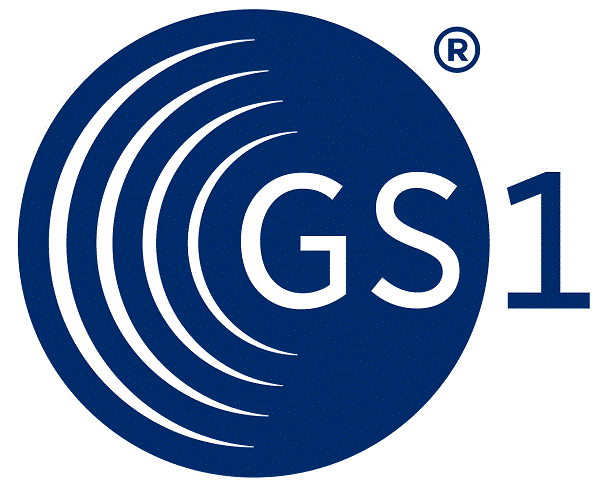|
|
|
| A group of segments specifying the currencies and related dates/periods valid for the whole Remittance Advice. |
|
|
|
|
|
| |
Function: |
| |
To specify currencies used in the transaction and relevant details for the rate of exchange. |
|
| |
|
EAN |
* |
|
|
|
|
|
R |
|
|
|
|
|
Currency usage code qualifier |
|
|
M |
* |
|
|
|
|
Currency identification code |
|
|
R |
|
|
ISO 4217 three alpha code |
|
|
|
|
Currency type code qualifier |
|
|
R |
* |
|
|
|
|
|
N |
|
|
|
|
|
|
D |
|
|
The second occurrence of this composite is only used if a target currency is being specified. |
|
|
|
|
Currency usage code qualifier |
|
|
M |
* |
|
|
|
|
Currency identification code |
|
|
R |
|
|
ISO 4217 three alpha code |
|
|
|
|
Currency type code qualifier |
|
|
R |
|
| 4 |
|
= |
Invoicing currency |
| 8 |
|
= |
Price list currency |
| 9 |
|
= |
Order currency |
| 12 |
|
= |
Quotation currency |
|
|
|
|
|
N |
|
|
|
|
|
|
D |
|
|
The rate of exchange is only used if a target currency has been identified in the second occurrence of C504. |
|
|
|
|
Exchange rate currency market identifier |
|
|
N |
|
|
|
Segment Notes: |
|
This segment is used to indicate currency information related to the complete remittance advice. The CUX segment may be omitted for national exchanges. The CUX segment is mandatory for international exchanges.
A remittance advice will refer to ONLY ONE payment currency.
The CUX segment may be used also to indicate other currencies specified previously in the transaction, such as pricing currency, invoicing currency, etc.
When specifying Reference and Target Currencies for international trade, one occurrence of CUX is all that is required. The reference currency is identified in the first occurrence of composite C504, with the target currency specified in the second occurrence of C504, The rate of exchange between the two is detailed in DE 5402.
The general rule for calculating rate of exchange is as follows:
Reference Currency multiplied by Rate = Target Currency.
Example:
CUX+2:EUR:11'
CUX+2:EUR:11+3:USD:4+0.98' |
|
